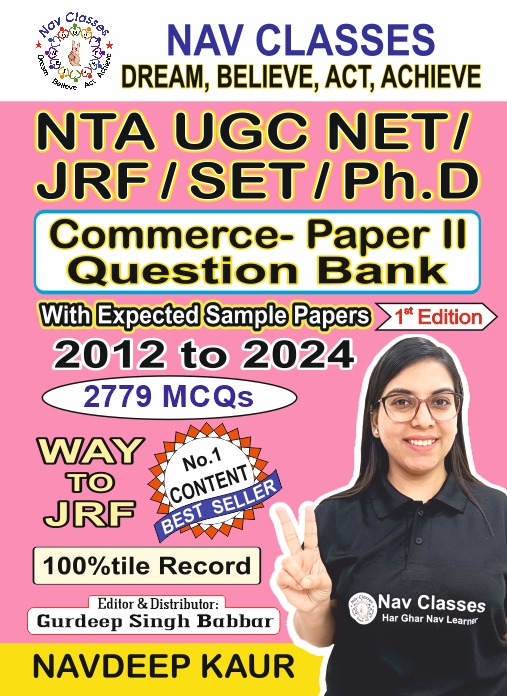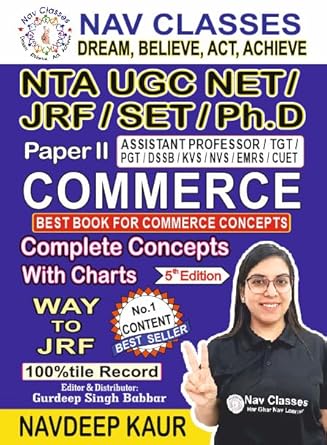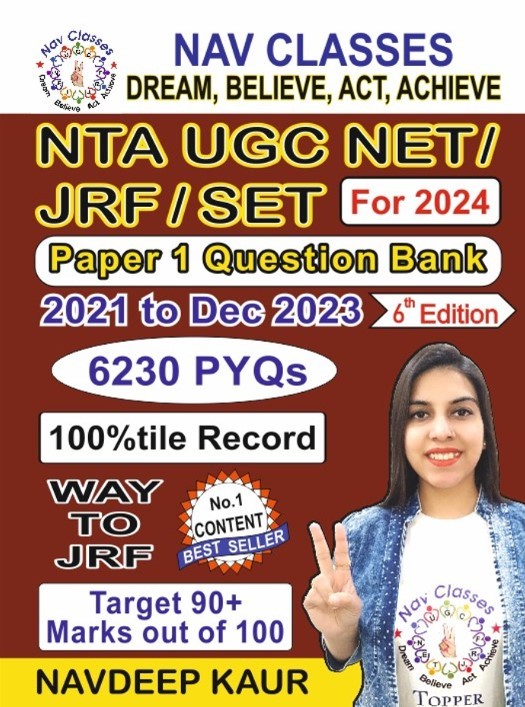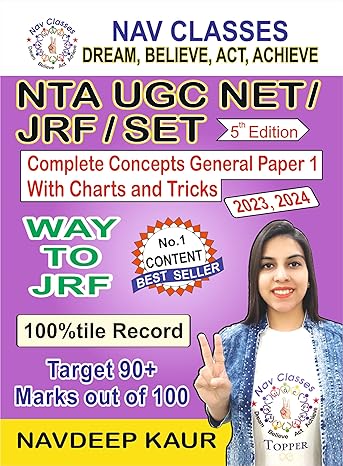1.Which among the following authorities decides , how far the fundamental rights can apply to the members of the armed forces in India?
[A] President of India
[B] Parliament of India
[C] Arms Forces themselves
[D] Arms Forces Tribunal
SHOW ANSWER
©navclasses
2.Who among the following was the Prime Minister of India when Mandal Commission was constituted?
[A] Indira Gandhi
[B] Morarji Desai
[C] Rajiv Gandhi
[D] V P Singh
SHOW ANSWER
©navclasses
3.For how long, a joint sitting of both the houses of Parliament may be convened to consider a bill which was passed by one house and pending in another house?
[A] 3 Months
[B] 6 Months
[C] 9 Months
[D] 12 Months
SHOW ANSWER
©navclasses
4.The accounts of which of the following are not audited by CAG?
[A] Municipal institutions
[B] State Governments
[C] Government Companies
[D] Central Government
SHOW ANSWER
©navclasses
5.Which of the following presidents of India had shortest tenure?
[A] S Radhakrishanan
[B] Zakir Hussain
[C] V. V Giri
[D] BD Jatti
SHOW ANSWER
©navclasses
6.Which among the following is a correct function of Public Accounts Committee?
[A] It works under President of India and creates accounts for various ministries
[B] It works under Comptroller and Auditor General of India and prepares accounts
[C] It is a parliamentary committee which gives report on nonplan expenditures of the government
[D] It is a parliamentary committee which scrutinizes the report of the Comptroller & Auditor General of India
SHOW ANSWER
©navclasses
7.The constitution of India does not provide for impeachment of which of the following?
[A] Chief Justice of India
[B] President of India
[C] Vice President of India
[D] Governor of an Indian State
SHOW ANSWER
©navclasses
8.which among the following articles of Constitution of India deals with “Prohibition of Traffic in Human beings”, ?
[A] Article 21
[B] Article 22
[C] Article 23
[D] Article 24
SHOW ANSWER
©navclasses
9.Which of the following parts/ provisions of the Indian Constitution cannot be amended?
[A] Preamble to the Constitution
[B] Directive Principles of State Policy
[C] Fundamental Rights
[D] Judicial Review
SHOW ANSWER
©navclasses
10.The Right to Free & Compulsory Education (RTE) Act, 2009 that was enacted in 2010 provides a justiciable legal framework for providing free and compulsory education to children in the age group of _?
[A] 0-6 years
[B] 0-14 years
[C] 6-14 years
[D] 6-18 years
SHOW ANSWER
©navclasses






